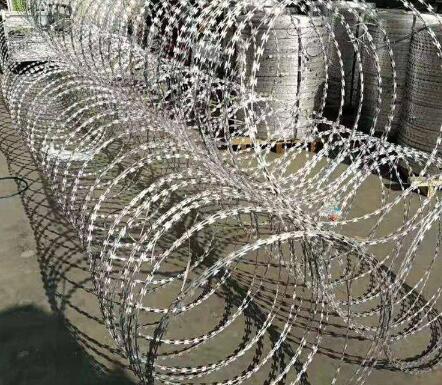Understanding Water Filter Mesh Screens A Vital Component for Clean Water
In an increasingly industrialized and urbanized world, access to clean water has become a pressing concern. Water filtration systems are essential for ensuring that the water we consume is free from contaminants and safe for use. One of the critical components of these systems is the mesh screen, which plays a significant role in the filtration process. This article will delve into the importance of water filter mesh screens, their types, and how they contribute to water quality management.
What is a Water Filter Mesh Screen?
A water filter mesh screen is a physical barrier designed to separate contaminants from water. Typically made from materials such as stainless steel, nylon, or polyester, these screens come in various mesh sizes, affecting their filtration capability. The mesh size refers to the openings in the screen—measured by the number of holes per linear inch. Smaller mesh sizes can trap smaller particles, while larger openings are suitable for coarser filtering.
Types of Mesh Screens
Water filter mesh screens can be categorized based on their material, mesh size, and application.
1. Material Stainless steel mesh screens are known for their durability and resistance to corrosion, making them suitable for harsh environments. Nylon and polyester screens, while less durable, are often used in applications where flexibility and lower cost are essential.
water filter mesh screen

2. Mesh Size The choice of mesh size is critical. For instance, a 50 to 100 mesh screen is ideal for removing sand and sediment from water, while a 200 mesh screen can filter out algae and small organic materials. The selection depends on the specific contaminants present in the water source.
3. Application Different applications require different types of mesh screens. In residential water filtration systems, for instance, a fine mesh screen might be used as a pre-filter to capture larger particles, while a reverse osmosis system employs a much finer screen to eliminate dissolved solids.
The Role of Mesh Screens in Water Filtration
Water filter mesh screens primarily serve to remove solid particles, which can include sediment, dirt, rust, and even some microorganisms. By capturing these contaminants at the initial stage of filtration, mesh screens help protect other more sensitive filtration components, such as activated carbon filters and membranes, from clogging and damage.
Moreover, the use of mesh screens improves the efficiency of water filtration systems. By pre-filtering water, they reduce the load on subsequent filters, prolonging their lifespan and maintaining their performance. This cumulative effect not only ensures cleaner water but also decreases maintenance costs and operational downtime.
Conclusion
In conclusion, water filter mesh screens are a vital component in the quest for clean water. Their ability to separate solids from water significantly enhances the effectiveness and efficiency of filtration systems. With a variety of materials and mesh sizes available, these screens can cater to different needs, whether in residential, agricultural, or industrial applications. As the demand for clean and safe water continues to rise, understanding and utilizing effective filtration systems, including mesh screens, becomes increasingly important. Investing in quality water filtration solutions will ensure better health and safety for communities worldwide.

















